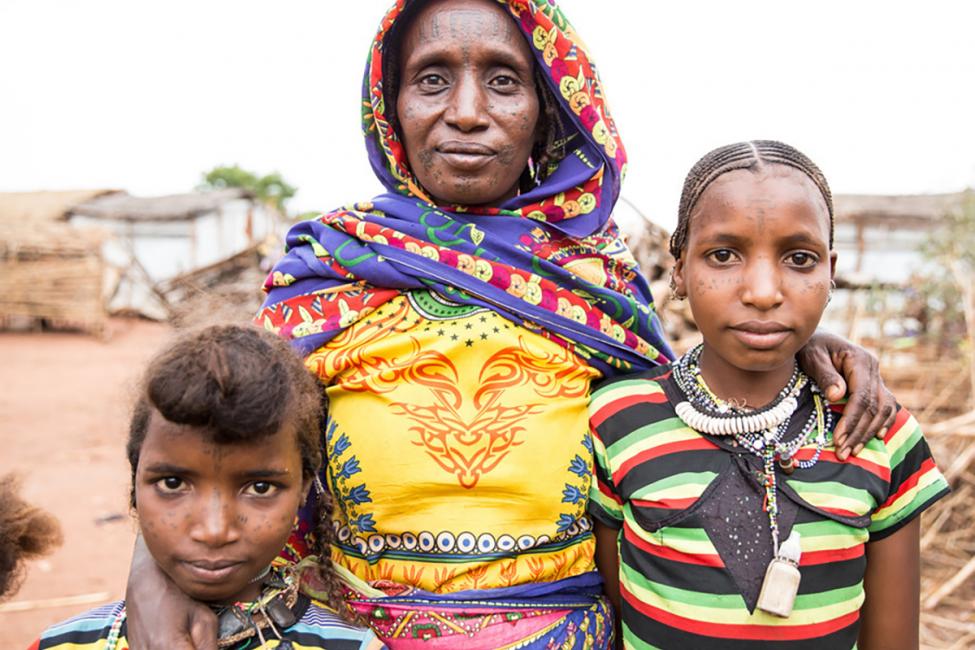-
Who we are
WHO WE AREThe International Organization for Migration (IOM) is part of the United Nations System as the leading inter-governmental organization promoting since 1951 humane and orderly migration for the benefit of all, with 175 member states and a presence in 171 countries.
-
Our Work
Our WorkAs the leading inter-governmental organization promoting since 1951 humane and orderly migration, IOM plays a key role to support the achievement of the 2030 Agenda through different areas of intervention that connect both humanitarian assistance and sustainable development.
What We Do
What We Do
Partnerships
Partnerships
- Where we work
-
Take Action
Take Action
Work with us
Work with us
Get involved
Get involved
- Data and Research
- 2030 Agenda
IOM Presents Guide on Safe Management of Transhumance Flows in Chad
N’Djamena — ‘Transhumance movements’ is a modern term for a very old tradition: the foraging of scarce pasturage by traditional herders. In the region between Southern Chad and the Central African Republic, such activities are considered in the modern age among the largest on the planet in the world, according to the International Crisis Group.
Herders are moving cyclically along traditional transhumance corridors, both within the country's boundaries and across borders, in search of fodder for their livestock. These movements have been a source of clashes between the agro-pastoral communities, particularly in Moyen Chari, a province in Southern Chad.
Across the region, herders and farmers communities are greatly affected by a mismanagement of pastures and transhumant cross-border movements which is causing significant disputes, with regular casualties, mainly due to a mutual misunderstanding. In addition, climate change and ongoing intercommunal conflicts disrupt the traditional patterns of agro-pastoral communities, prompting new challenges for nomadic herders and host communities.
As part of its efforts to support the Government of Chad to improve border management and resolve conflicts linked to transhumance, the International Organization for Migration (IOM) in Chad presented on 19 November its new guide for practitioners on the safe and orderly management of transhumance flows and cross-border information exchange.
Designed together with an international human rights expert and in conjunction with the Government of Chad, the guide covers topics including the identification, referral and protection of vulnerable pastoralists; the best methods to combat trafficking in persons; management of tension linked to cross-border movements and profiling techniques.
Commending the project, said Benguela Guidjinga, the deputy Director of the National Police General Directorate, “Border management has improved and the dialogue around transhumance between the two countries, Chad and the Central African Republic has helped addressing difficulties created by weak institutional and political dialogue on transhumance issues.”
The project Restoration of Peace and Dialogue between Communities Affected by Transboundary Transhumance aims to strengthen dialogue and peace through data collection of pastoral mobility. This cross-border project, funded by the United Nations Peacebuilding Fund (PBF), implemented by IOM and FAO in Chad and the Central African Republic, and aims to strengthen dialogue and peace at the community level for the prevention and management of conflicts between agro-pastoral communities.
The 19 November event gathered representatives of the Government, UN agencies, local NGOs, members of the transhumance community and traditional authorities who shared their feedback and inputs. The finalized guide is expected to be made available in the beginning of 2020.
For more information, please contact Alassane Dembele, Peacebuilding Program Officer at Email: adembele@iom.int
